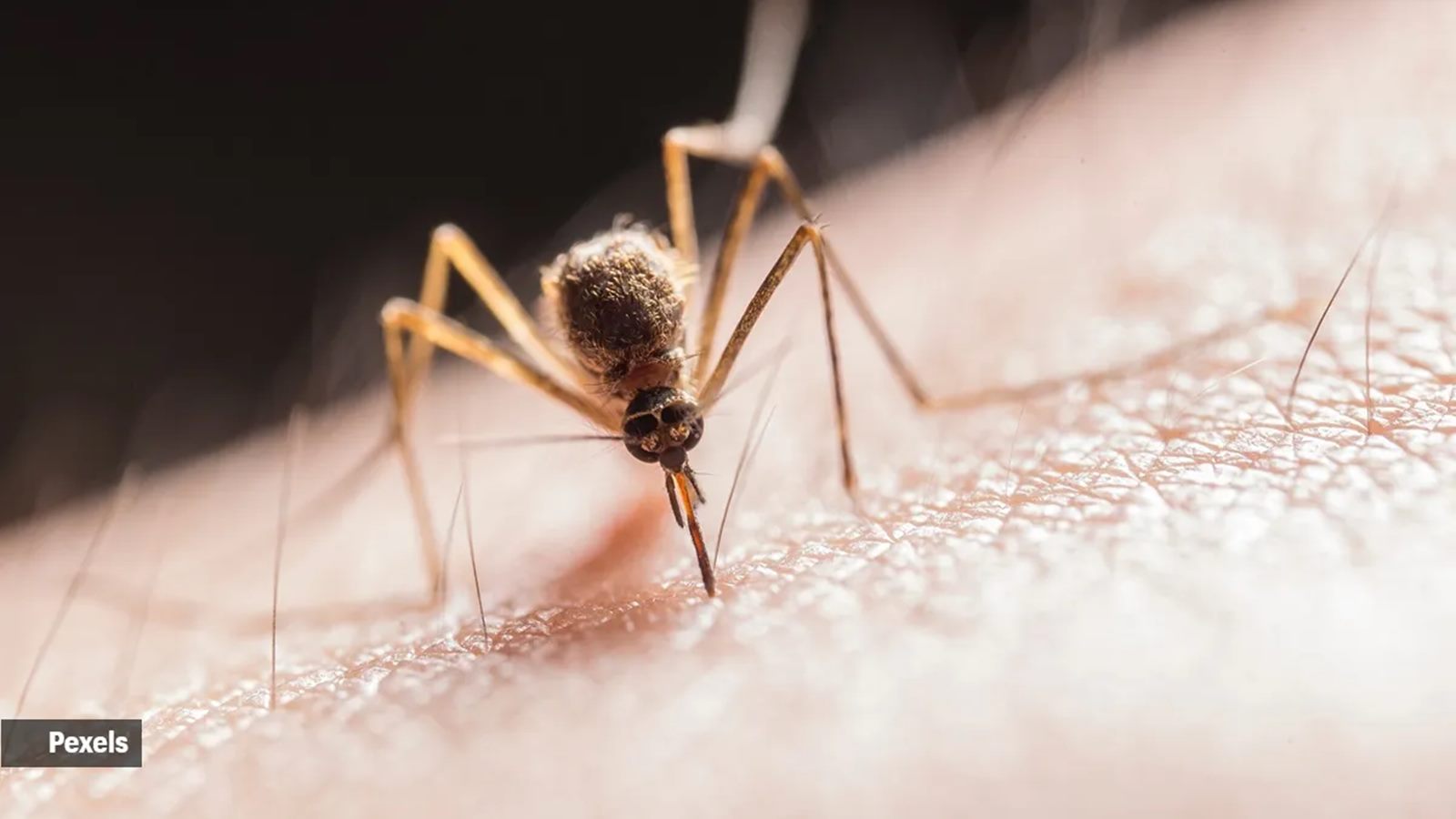Viral News
Health Authorities on High Alert as West Nile Virus Cases Surface in Kerala

The health department of Kerala has issued a red alert following the emergence of West Nile Virus cases in three districts of the state. While these cases have been sporadically reported since 2011, recent infections have prompted intensified surveillance and preventive measures across the affected regions.
According to officials, five cases of the vector-borne disease have been identified in Kozhikode, with additional infections reported in Malappuram and Thrissur districts. Although the exact number of cases remains unconfirmed due to many being asymptomatic, health authorities are urging heightened vigilance and proactive measures to contain the spread of the virus.
Kozhikode district collector Snehil Kumar Singh reassured the public, stating, “Cases of West Nile Fever have been reported in the district before. It’s similar to dengue. There is no cause for alarm or panic right now. There are no hot spots.” Despite this assurance, authorities are urging communities to remain vigilant and cooperate with efforts to eliminate mosquito breeding grounds.
Given the nature of the disease as a vector-borne illness, the focus is on sanitation and mosquito control measures. Health minister Veena George emphasized the importance of coordinated efforts between health officials and local self-government departments to mitigate the risk of mosquito breeding. “Since 2011, cases of West Nile have been reported in several districts in the state. There is no need for any kind of concern,” she stated, while urging individuals experiencing symptoms to seek immediate medical attention.
The West Nile Virus is primarily transmitted to humans through mosquito bites, with mosquitoes becoming carriers after feeding on infected birds. While most infected individuals remain asymptomatic, some may experience fever, vomiting, diarrhea, and headache. In severe cases, complications such as encephalitis or meningitis can occur, posing significant health risks.
Despite the relatively low incidence of symptomatic cases, the potential severity of West Nile Virus infections underscores the importance of preventive measures and early detection. Health authorities are emphasizing the need for public awareness and proactive community engagement to reduce the risk of transmission.
The recent cases in Kerala serve as a reminder of the ongoing threat posed by vector-borne diseases and the importance of robust surveillance and response systems. As the state ramps up efforts to contain the outbreak, collaboration between health authorities, local communities, and other stakeholders will be crucial in safeguarding public health.
While the current focus is on containing the spread of the virus and providing timely medical care to affected individuals, long-term strategies aimed at vector control and community education will be essential in mitigating future outbreaks. By working together and implementing evidence-based interventions, Kerala can effectively combat the threat of West Nile Virus and other infectious diseases, ensuring the health and well-being of its residents.
